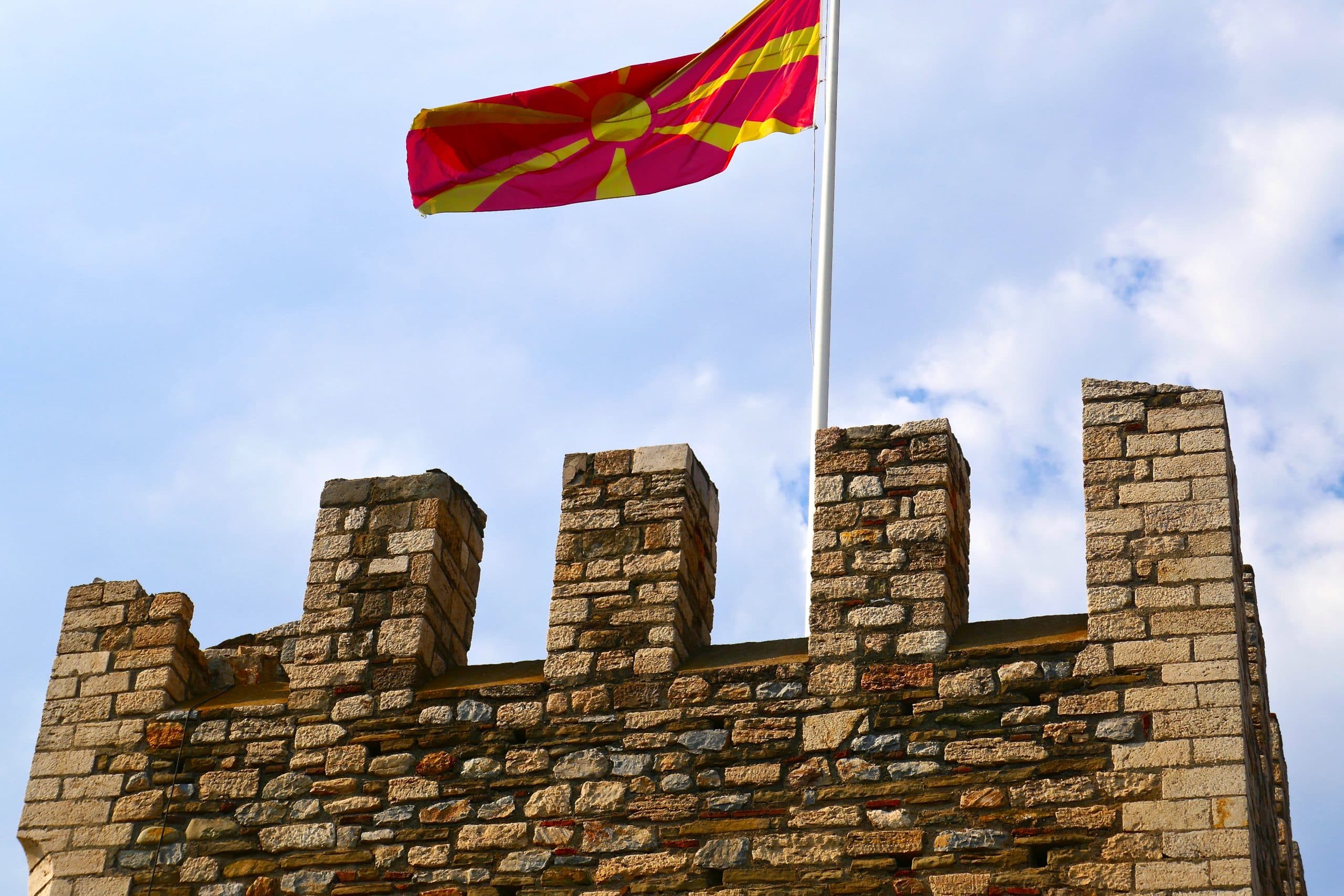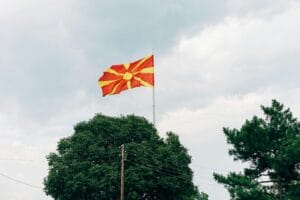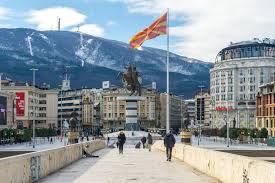On September 30, the much talked-about Macedonian referendum on a name change to the Republic of North Macedonia was held. The referendum was the result of a compromise with Greece, which would lift its veto on Macedonian accession to NATO and EU-integration process in case of a change in Macedonia’s name. The turnout did not meet the 50% which the referendum required: 36,8% of Macedonians ended up voting. However, the election result was 91% in favour of a name change. These more or less mixed results led to victory being claimed by both the ‘Yes’- and ‘No’-campaigns. Whereas members of the ‘Yes’-campaign, headed by Prime Minister Zoran Zaev, claimed that the referendum gave the government a mandate to implement the name change and clear the way for NATO- and EU membership, main opposition conservative party Internal Macedonian Revolutionary Organization – Democratic Party for Macedonian National Unity (VMRO-DPMNE) of the ‘No’-campaign pointed to the fact that the voter turnout had not met the 50% needed to make the results legally successful.
National and international reactions
Prime Minister Zaev of the Social Democratic Union Macedonia (SDSM), which had campaigned in favour of a name change, claimed victory when the referendum results were made public. He stated that it was now clear that Macedonians were in favour of the name change, and that the government would go ahead with it accordingly. He also stressed his claim that the name change was the best deal that Macedonia would be able to get with Greece, concerning European and NATO-integration. To the critics of VMRO-DPMNE and of other opposition parties, he said that this integration could not be reached any other way, and if it could not be carried through in this manner, his party would use a more drastic method and call for pre-term general elections immediately.
Main opposition party VMRO-DPMNE has interpreted the fact that the referendum did not manage to meet the turnout threshold as a sign that a majority of Macedonians are with it against a name change. Its leader, Hristijan Mickoski, claimed that the Macedonian people have made their wish clear by not voting in the referendum, thus de facto boycotting it. “The fact is that the name agreement did not get the green light, but a stop [sign] from the people,” Mickoski stated. However, VMRO-DPMNE has not yet given a reply to Zaev’s call for immediate general elections if they did not accept the results of the referendum.
EU Neighbourhood Policy and Enlargement Negotiations commissioner Johannes Hahn reacted positively to the referendum results. He congratulated the Macedonian people on the fact that they had voted in favour of a name change and thus of “Euro-Atlantic integration”. He also made it known that he expected the Macedonian authorities to stick to the referendum results and implement the name change soon.
The Party of European Socialists (PES) has also reacted to the referendum results, in which it sides with its member party, SDSM. PES-president Sergei Stanishev expressed the wish of the PES that authorities carry out the wish of the Macedonians, which they expressed in the referendum: not only a name change, but also NATO- and EU-integration that will likely follow that change. Stanishev also condemned VMRO-DPMNE for boycotting the referendum and displaying “obscene nationalism” while doing so, before encouraging the authorities to carry on with the change despite the boycott.
What’s next?
Looking at the future of Macedonia, the referendum results give two options for the government, the first one is to find nine members of parliament from the opposition (out of 51) that will support them, to be able to change the constitution. In the current situation, the government has 71 seats in Parliament, while it needs 80 (or two-thirds of the total amount of seats of 120) to be able to carry out a change to the constitution. The second option would comprise, like Zaev has suggested, pre-term general elections. This would be another way for the SDSM to find the majority and the legal mandate needed to be able to legally change the country’s name. Without a solution, a third option is on the table: standstill and a return to nationalism and authoritarianism.
Sources: Balkan Insight, Party of European Socialists, Reuters, Radio Free Europe
Photo: Flickr



